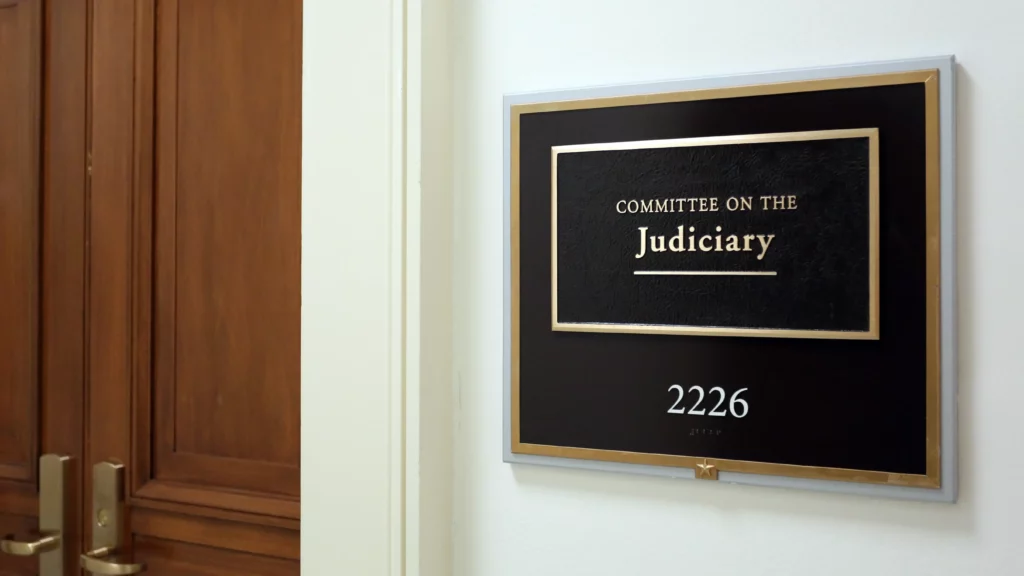

Insights & Takeaways is Sutherland Institute’s official blog that informs the public and policymakers alike. The blog addresses important issues through the two distinct yet complementary lenses of the seasoned policy professional and the engaged citizen.
 Insights: analysis, research, and informed commentary from Sutherland experts. For elected officials and public policy professionals.
Insights: analysis, research, and informed commentary from Sutherland experts. For elected officials and public policy professionals.
 Takeaways: the most important things voters need to know. For civically engaged citizens.
Takeaways: the most important things voters need to know. For civically engaged citizens.
Can confidence in higher education be renewed with choice and innovation?
Some institutions of postsecondary schooling – like UVU and BYU-Pathway Worldwide – are already making strides in reducing the cost to acquire employable skills.
Tracking ‘two-parent privilege’ in Utah
Children in married families do better in school and in life. State agencies can do a better job of tracking these metrics.
FBI anti-Catholic memo isn’t the only example of government discrimination
A now-rescinded FBI memo regarding alleged threats from traditionalist Catholics comes amid other examples of religious discrimination.
Does AI belong in home schooling?
One group seems especially open to the potential uses of generative AI: home-schoolers. They are already open to doing things differently, and they need curriculum resources.
Abortion coverage lawsuits could be avoided with better religious accommodation
The religious organizations in these cases will have U.S. Supreme Court precedent on their side.
Can free market thinking improve education policy?
Public policy and culture are shifting with the increased interest in new education choices, and AI is making its way into the classroom.
FBI should be able to target extremists without smearing people of faith
A now-retracted FBI field office memo discussing possible threats of extremism from “radical-traditionalist Catholics” has created serious concern about targeting religious practices.
Should we stop talking about ‘polarization’ in education policy?
Viewing today’s education policy issues outside of the framework of right-left politics may help us find our way forward in education reform.
Helping parents address chronic absenteeism
Utah education leaders and researchers note that there is no single reason to explain the uptick in absenteeism – the reasons are as varied as the students and families.
A success story: Overcoming dyslexia through home schooling
This family found great success in home-schooling a high school student using a school-like structured schedule, a program that helped with dyslexia, and a religious-based curriculum.
Policymakers should meet families where they are
Policy approaches should empower families to pursue their own remedies to their own problems, instead of offering solutions to some families while doing little for families for whom the solutions are a bad fit.
Case shows how government interferes with religious groups’ homeless ministry
Department of Justice has sided with Micah's Way in its suit against the city of Santa Ana, California, for trying to shut down or limit its distribution of food and drink to homeless people.
Parent-Driven Education: A Visual
Parent-driven models in education have become more popular and diverse in recent years. This chart helps parents understand their options.
A parent’s guide: A spectrum of parent-driven education
Broadly speaking, parent-driven schools fall into one of five categories: home schooling, home-schooling co-op, microschooling, public partnership, and hybrid schooling.
Church and family can help our youth strengthen mental health
There are multiple ways to strengthen the mental and emotional well-being of Utah’s families, and a broader view that includes two vital institutions of civil society – the family and faith-based organizations – shows real benefits for Utahns.
Religion and spirituality play helpful role in mental health
A rise in mental health challenges – particularly among youth – requires a significant investment in resources. Research shows religious practice is associated with increased emotional resilience.
How the family affects and supports youth mental health
Research shows that healthy institutions – particularly the family institution – can influence and ameliorate mental health crises, especially those among our children and youth.
Want to strengthen families? Support boys and men
Men need to empower other men by breaking the stigma of mental health and providing avenues for guidance and healthy masculinity.


















